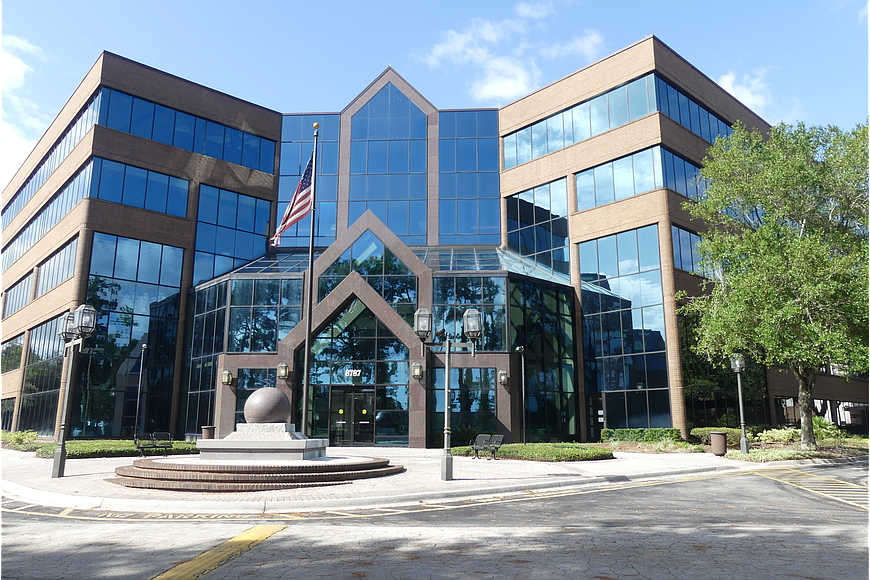
Florida Coastal School of Law sued the U.S. Department of Education in federal court July 20, accusing it of exceeding and abusing its authority and acting arbitrarily and without due process in terminating the school’s participation in the federal student loan program.
The Jacksonville law school also filed a motion for emergency injunctive relief to prevent it from closing at the end of July because of the loan program termination.
Florida Coastal President and Dean Peter Goplerud did not respond immediately to a request for comment.
In a July 21 news release, Florida Coastal contends, in part, that:
• The department’s decision is grounded in a false narrative, evidenced by its public announcement that action was taken to protect the interest of taxpayers. Florida Coastal said it not only pays taxes but has a student loan default rate of just 1.3%.
• The action also rests upon requirements that are unprecedented and appear to have been structured to ensure that the school fails them. The department has required all entities in the law school’s ownership structure to sign the annual Title IV Program Participation Agreement, which make students eligible for federally guaranteed loans.
It imposed this obligation despite knowing that one owner, Sterling Capital Partners, was contractually barred from signing such an agreement.
• When Sterling exited its position and volunteered a $1 million letter of credit, the department did not budge from insisting that it must sign the agreement. When a nonprofit university stepped forward to acquire Florida Coastal, the department refused to alter its position.
Nor was it moved by the contribution of $5.6 million from personal funds of the school’s various stakeholders to support a letter of credit that the department demanded to secure participation in the Title IV program.
• The department used dated financial statements to assert that the law school did not meet financial responsibility requirements. The department previously said that the letter of credit posted by the school was sufficient to ameliorate any financial concerns.
Florida Coastal’s position has improved substantially since and the school, prior to the department’s action, had projected 126 new students for the fall semester.
Nonetheless, the Department ended the school’s Title IV eligibility without any explanation of what changed.
• The department maintains Florida Coastal failed to provide information exchanged between the school and the American Bar Association relevant to accreditation. Pursuant to federal statute and its own rules, the department may not involve itself in accreditation matters unless the accreditor initiates adverse action or notifies the department that Title IV requirements are not being met. Neither of these conditions existed, leaving the department’s actions out of bounds.
Florida Coastal also states that statistics confirm the school is remaining true to its mission and achieving strong outcomes.
In the past five years, 43% of Florida Coastal’s 855 graduates comprise racial and ethnic minorities including 27% African Americans. Currently, 40% of its students are minorities and 60% are women.
With respect to Bar examination performance, the school’s graduates have been competitive with those of its peer institutions. Coastal graduates scored six points above the state average on the most recent Bar examination, the release states.
The lawsuit and motion for injunction were filed in the U.S. District Court, Middle District of Florida, Jacksonville Division.